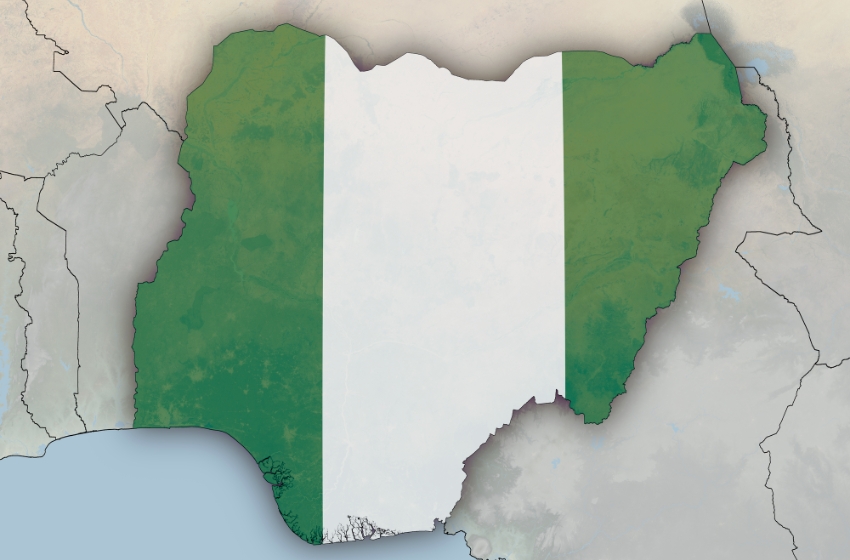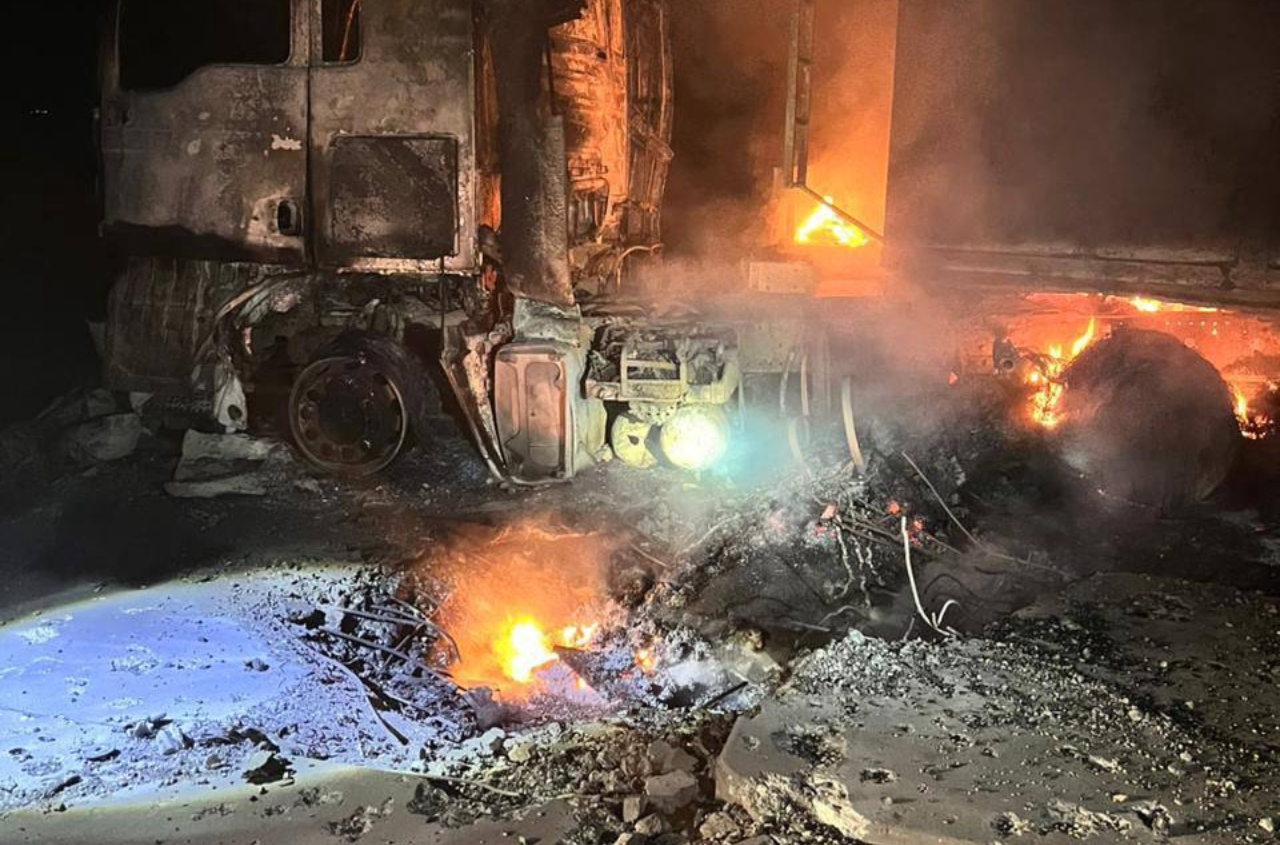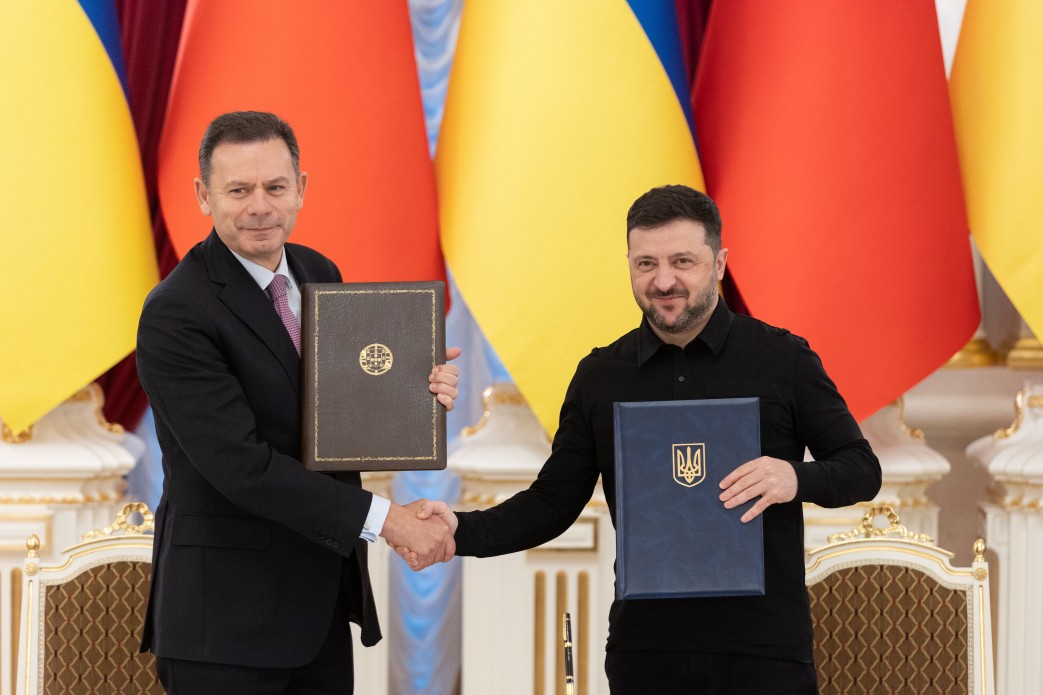Russia is using Nigeria as a new center of digital influence in Africa. Moscow is gradually turning the continent’s largest country into a key theater of its “soft power” campaign. This was reported by Bailytrust.
In 2024, the French agency Viginum, together with the UK Foreign Office and the EU External Action Service, identified Nigeria as the central hub of pro-Russian activity on the continent. The media outlet “African Initiative” is expanding its digital presence in the country, coordinating narratives aimed at shaping public opinion about Russia and distancing Nigeria from its Western partners.
Russia’s influence strategy in Africa has long relied on exploiting anti-colonial sentiment, undermining Western credibility, and portraying Moscow as a defender of African sovereignty. Previously, it focused on French-speaking West Africa—Mali, Niger, and Burkina Faso—where propaganda framed Western failures in counterterrorism as evidence of neocolonial betrayal. After an attack on US soldiers in Tongo (Niger) in 2017, pro-Kremlin media actively promoted the idea that the US presence provoked extremist violence, fueling anti-French sentiment.
Northern Nigeria, home to a significant Hausa population connected to neighboring Niger, has proven receptive to these narratives. In August 2024, protesters in Kano waved Russian flags, showing support for what they saw as Russia’s role in stabilizing the Sahel.
Nigeria, with a population of over 237 million, is Africa’s largest market for digital content and cultural industries. Nollywood and Afrobeats, with a combined value of $7.2 billion and five million jobs, shape global perceptions of African identity. Controlling the country’s digital and cultural narratives gives Russia enormous soft power on the continent.
By early 2025, nearly half of Nigerians used the internet, with TikTok and WhatsApp serving as primary platforms for political discourse. Youth under 25 actively consume and share content, often without fact-checking. In July 2024, “African Initiative” opened an office in Lagos and began distributing content through the Afree app, praising coups in the Sahel and criticizing ECOWAS as a Western puppet. On Telegram and X, Russian influencers portrayed Western aid as cultural imperialism, linking it to LGBTQIA+ issues and “moral decay,” increasing skepticism toward Western liberalism.
These efforts yielded tangible results: pro-Russian posts increased engagement at cultural festivals by 40%, promoting memes that glorified juntas and undermined democracy. Disinformation and piracy cost Nigeria’s creative sector roughly $1.5 billion annually, while boycotts of “pro-Western” artists reduced Afrobeats streaming. For the Nigerian economy, this is not just cultural sabotage but a real threat.
Nigeria’s vulnerability is heightened by low digital literacy and AI-generated deepfakes. According to Meta, 75% of Nigerians under 30 cannot recognize fake videos, especially in Hausa. Local fact-checkers catch only part of the fake content, leaving over 120 million people exposed to pro-Russian disinformation. Cyberattacks and phishing schemes are increasing, and most banks lack protection against AI-based ransomware.
Russia’s strategy mirrors actions in the Sahel and Libya, where interference via former mercenaries and bot farms justified coups and undermined Western alliances. For Nigeria, this is a warning: pro-Russian sentiment in border states has doubled since 2024, and rumors of a possible coup in October 2025 show how digital disinformation can directly affect political stability.
Russian campaigns consistently use disinformation to delegitimize Western partners, promote authoritarian models, and exploit African youth frustration. The August 2024 protests, which left 24 dead, were driven not only by fuel prices and corruption but also by narratives about freedom and independence. By 2027, as Nigeria prepares for new elections, pro-Russian digital campaigns could significantly influence the country’s political choices.
If Nigeria does not regain control over its digital sovereignty, Moscow could reshape the voice, culture, and future of Africa’s largest democracy without direct military intervention




















